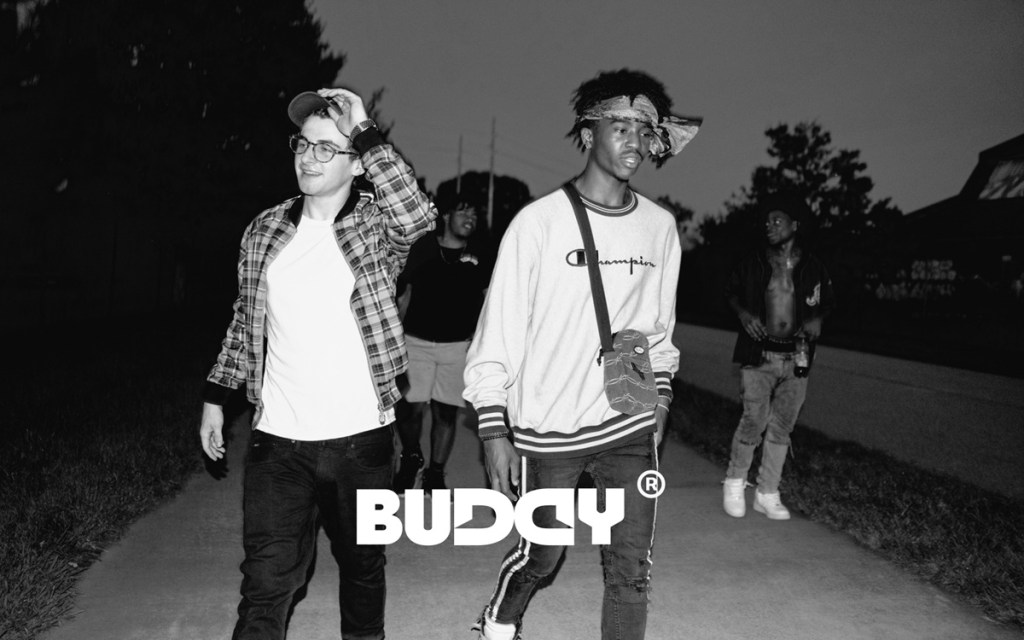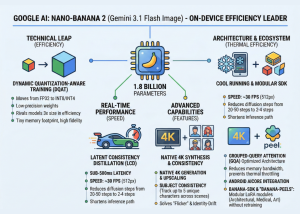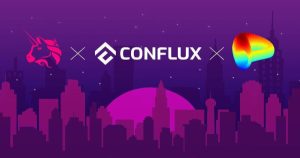Buddy raises $1.1M for social utility app

Buddy, a social utility app designed to get you off your phone and socializing in real life, announced a $1.1 million pre-seed funding round from game veterans Tim Willits and Vince Zampella.
The Los Angeles startup also has signed up Dennis Fong, the first pro gamer and CEO of GGWP, as an adviser.
This funding and industry expertise will propel Buddy’s ambitious product roadmap, which includes innovative AI-driven gaming features, the company said.
“We’re not just here to play the game, we’re here to change it. I am so grateful to have a superstar team of industry heavyweights who won’t sleep until we’ve made a significant, positive impact,” said Claire Wright, CEO and founder of Buddy, in a statement. “We’re building more than just a product — we’re creating a tool that empowers people to truly live life, connect, and thrive in ways that matter. Our mission is to drive culture, spark change, and redefine what it means to engage with the world around us.”
Buddy was built with Gen Z and Gen A advisors, and it wants to redefine social interaction, merging digital and physical experiences with a focus on non-toxic, private engagement. Utilizing patented meshtechnology, Buddy enables connectivity even without cellular or Wi-Fi networks available, and the company continues to innovate, anticipating and fulfilling the next generation’s needs, even before they arise.
Support from gaming leaders
“Buddy’s fundamental mission to create a healthier and safer social platform deeply resonates with me as a parent of triplet Gen Z kids,” said Tim Willits, chief creative officer at Saber Interactive, in a statement. “I’ve seen how traditional social media apps can impact my children’s well-being, scrolling endlessly, often leaving them feeling insecure and alone. BUDDY prioritizes real-world connections, empowering them to build meaningful, real relationships that truly support them as individuals, even in areas without reliable cell or Wi-Fi service.”
Vince Zampella, cofounder of Respawn Entertainment and an exec at Electronic Arts, said in a statement, “Buddy’s patented tech and the experienced entertainment and team members are impressive. The mission of promoting connectivity and real-life connection is an exciting cultural shift, and one I can support. As a father of digital natives, I’m always on the lookout for investment opportunities that push better forms of connection. It’s exciting to see the next wave of advancements in social platforms.”
And Dennis Fong, whose digital safety tools at GGWP help protect users on some of the largest online platforms, said in a statement he is very aligned with Buddy’s mission.
“I’m happy to be part of Buddy’s journey,” Fong stated. “The commitment to fostering healthy and genuine connections in this digital age is vital, and I believe Buddy is uniquely positioned to lead this change.”
What Buddy will do

Buddy wants to revolutionize user connections by transforming URL interactions into real-life experiences. Its proprietary mesh technology allows seamless communication without relying on traditional networks, enabling users to foster meaningful relationships in their everyday lives.
The app has been in beta testing on mobile since May.
The Buddy team brings extensive experience from leading Fortune 500 companies in music, interactive entertainment, and technology. Wright is a three-time founder and entertainment executive, having achieved a notable DTC exit.
CTO and cofounder Logan Nguyen previously worked at Luminary, Gilt Groupe and S’More and has hadmultiple exits. CSO and cofounder Ryh-Ming Poon previously led global comms and strategy for multi-billion dollar franchises at Activision Blizzard and Jam City. This powerhouse team merges unmatchedexpertise to build the world’s first social utility app.
I asked if the app was focused at young users. In an email to GamesBeat, Wright replied, “Buddy was built with and for Gen Z, as they are very particular about features and UI/UX. Buddy is a social utility tool, a resource, that is helpful for everyone as it allows you to be connected without communication infrastructure – but our anti-marketing, lo-fi design, and AI-driven location-based gamification rewarding end users for experiencing life in person, are definitely geared more towards Zoomers.”
Wright added, “Buddy’s innovative acquisition strategy, addressing the ever increasing CAC (customer acquisition cost) problem with DTC apps, allowed us to build an app they want and need, since we don’t have to meet screen time metrics. Buddy is the antidote to the attention economy, and we’re here to help enhance users’ lives, not strip them away from it.”
I asked what makes Buddy unique.
Wright said, “Buddy is an app that rewards users for going out there and living life. Our users are those who have tired or matured beyond Snapchat, Tik Tok or Instagram, who seek meaningful connections and life experiences. As our metrics are not based on screen time, we did not have to build features to keep people on their phones. We are ironically an app that encourages you to get off your phones. Buddy has rethought how to build a social app, like Reddit did – an informational resource of info you actually want to see and benefit from. Buddy is a buddies only network…a network of friends.”
Wright added, “Imagine it’s Saturday morning, and planning spontaneously with close friends who are already in on a Buddy. Instead of a feed or group chat, Buddy becomes your real-time, invite-only map for shared experiences—no endless scrolling, no pressure to post, just pure, close connections.”
How Buddy works
As an example, Wright said you can drop a “secret spot” to start the day. You can set it at a favorite breakfast place, tagging it with a note, “Killer coffee and no line before 10 a.m.”
This auto-deletes after 24 hours, so it’s just a short-lived tip between friends, creating an exclusive, in-the-moment feel. Unless it’s so hot you decide to save it, changing the gatekeeper mentality. All this without being served ads, or other features that are designed to keep you glued to your screen.
Buddies can add to any loop in real time. Throughout the day, friends nearby add their own Spot updates: one finds a street vendor with vintage vinyls, while another drops a “Meet here” spot at a quiet lakeside picnic area. Each Spot comes with a quick message and disappears by the end of the day (unless someone wants to save the spot for future reference), leaving no trail, just time-sensitive tips you actually want.
And Buddies can share status without too much noise. Buddy’s Loop feature lets each friend check in with simple status updates like “On my way,” or “Leaving in 5!”—quick, functional signals without the need for full messages or explanations.
It’s also has built-in privacy and exclusivity. Buddy only shows updates to those in your network, so it’s like having a private social map where everyone’s intentions align with what you want to do together.
And it disappears. Within 24 hours, all the Spots, Loops, and messages from the day disappear. There’s no feed to revisit, no content saved forever, just the memory of a great day shared.
And without giving too much away, Wright said Buddy is creating AI-powered, location-specific activities that help make your days more adventurous and fun — helping you and your friends get to know your city, and getting you off your phone and experiencing firsthand.
Wright said the company is focused on creating a non-toxic environment on Buddy. This involved extensive user research and data science, ensuring the app makes users feel safe, connected, and free from the typical social pressures found on other platforms.
Unlike traditional social media apps, Buddy is based on a private network and has no public profiles, likes, or follower counts. Users don’t have to worry about the anxiety of engagement metrics, nor do they feel pressured to look a certain way in front of the camera, for approval. The app centers on real-time, location-based interactions that are purposeful and temporary—allowing users to share meaningful updates, not curated personas. Eventually, the company will likely integrate a tool like GGWP, which uses AI to examine communications for toxicity.
The team has 10 people and it is growing. The app debuted in beta form in the iOS app store in May and it is available to beta users. The waitlist is open now, and users can reserve their handles and receive updates before the big launch in 2025.
Besides Willits and Zampella, the investors include Paul Reim of Reim Advisors.












